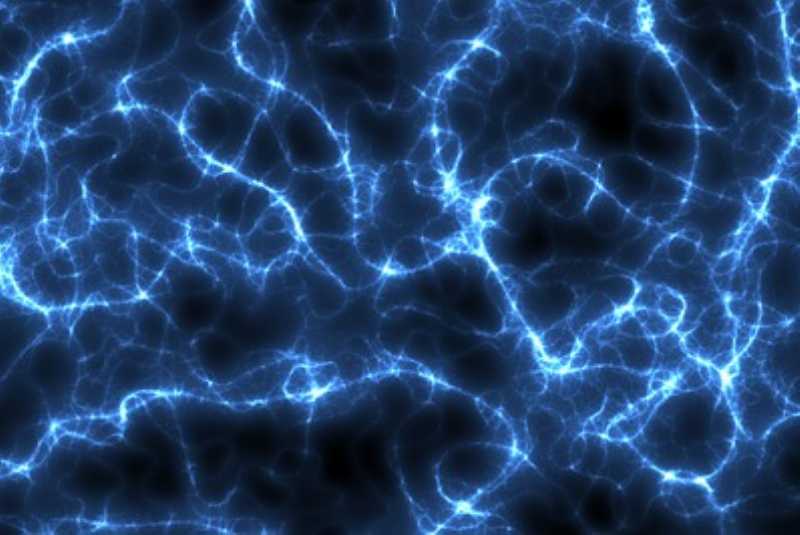Amazoniac
Member
Yes, it's an excellent website and its author is grass-fed.Thanks, especially for the last link.
I've sensed that when i increase my intake of potassium, I see less foaming as well as less of the stinky smell.
It made me realize the importance of increased potassium intake, especially with foods.
As for sodium, I may have to bite the bullet and try doing one month of of daily intake of 10g of salt (sodium chloride) on top of what I get from food.
Assuming all of that is retained, I get 300g of salt, and with water taking up 60 percent of my 70kg body weight, that would be 42kg. That would be 300/42000 = 0.7 percent of salt. Of course, that isn't a good assumption so I should be safe.
You know that hydrogen ion concentration has to be kept within a range or else tissues are fried, buffers are called into action when needed.
- Chronic metabolic acid load induced by changes in dietary electrolyte balance increased chloride retention but did not compromise bone in growing swine
"In humans, approximately 60% of dietary acid load is thought to be compensated by renal ammonium ion excretion and the remainder by renal phosphate excretion (Pitts, 1964)."
I've read conflicting information on which one (between ammonia and phosphate) is the main buffer under normal conditions, but the formation of ammonia in kidneys appears to gain importance when acidosis intensifies.
In ionized forms, phosphate is negatively charged, whereas ammonia is positively (check out their Figure 1). So, when ammonia excretion is increased, it won't tax potassium or sodium for also being cations. This is advantageous because it can pick up the hydrogen ions and excrete chloride or some other anion that's in excess (and's able of being removed through urine) along without depleting cations.
If phosphate was to increase, the cations would have to follow. To be fair, if urine started to become acidic and the phosphate concentration didn't change, it would begin associating with hydrogen ions and decrease the interacting sites available to find neutrality with cations.
- Phosphate - Wikipedia
So, we has varying degrees of protonation. Phosphoric acid (H3PO4) and phosphate (PO4(3−)) aren't relevant because the pH where they occur is extreme, maybe stomach for phosphoric acid. Therefore, in urine we'll be dealing with an exchange between dihydrogen and hydrogen phosphates, and cations in place of the missing hydrogens; there may be salts such as NaH2PO4 (
- Sodium phosphate monobasic and dibasic | ChemIDplus
I think that Gerson used to employ potassium as monobasic phosphate (KH2PO4), he must have been shooting for intracellular ion repletion. I can't remember the justification to include gluconate and the reason to avoid magnesium.
- Distribution of cations in body fluid compartments | Deranged Physiology
- Distribution of anions in body fluid compartments | Deranged Physiology
- Urine - Wikipedia
- The Janus faces of bicarbonate therapy in the ICU
- The Janus faces of bicarbonate therapy in the ICU: not sure!
- The Janus faces of bicarbonate therapy in the ICU: con
"Given that an average person exhales about 900 g of CO2 per day (corresponding to about 850 mmol/h), any administered bicarbonate is rapidly exhaled as CO2.
How then does sodium bicarbonate result in a change in bicarbonate concentration when the bicarbonate is rapidly converted to CO2 and excreted by the lungs? The answer is that it is not bicarbonate but Na+ (or more often lack of Cl−) that matters. This is because the total concentration of strong cations (Na+, K+, Ca2+, Mg2+) exceeds the total concentration of strong anions (Cl−, Lactate−) in blood plasma (Fig. 1). To preserve electro-neutrality, the strong ion difference (SID) is balanced by weak acids (predominantly bicarbonate, albumin and phosphate) [5]. Normal SID is approximately 40 mEq/L. In the open system, rather than bicarbonate dictating pH, both are determined by a combination of SID, pCO2 and total concentration of non-volatile weak acids. Any decrease in SID decreases pH and an increase in SID increases pH."
The effect of the remaining cation seems to be more concerning. The same principle of ion balance might be pictured inside the cell, but with potassium instead of sodium.
How craponate salts affect you?
Given that you reacted poorly to magnesium chloride in the past, now suspect that hydrogen craponate isn't being good, and benefited from cysteine supplementation (?), I wonder how you respond to sulfate ingestion. If there's lack of cysteine, there may be shortage of sulfate as well. Even though it's a minor anion in circulation, increasing those two could be shrinking its pool further. I don't know if this can happen, but it's a possibility.
Hydrogen craponate is too long of a term, I may start referring to it as acid craponate or hydrocraponate.


